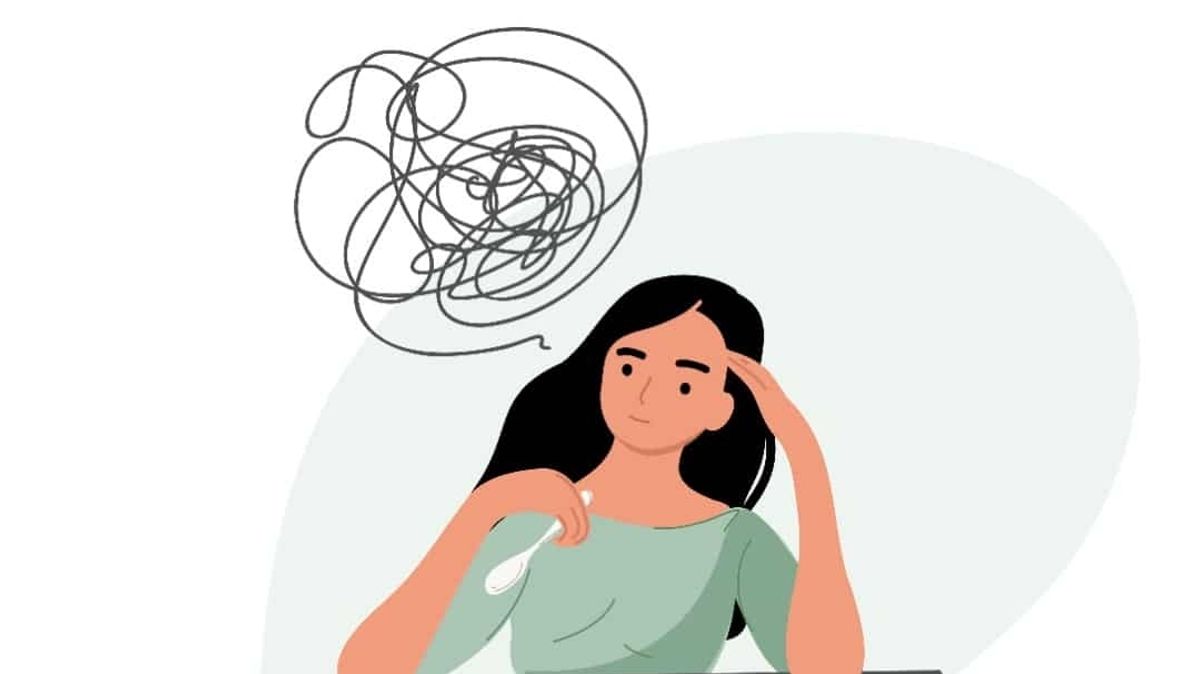
Orthorexia, a term not yet official in the Diagnostic and Statistical Manual of Mental Disorders, represents an escalating concern in mental health, characterized by an excessive fixation on ‘clean’ eating. While the pursuit of a healthy diet is commendable, for those with orthorexia, it morphs into a stringent regimen of self-imposed rules, leading to potential physical and mental harm. This disorder, though not widely recognized, mirrors the characteristics of more familiar eating disorders, necessitating a nuanced approach to treatment and public perception.
Understanding Orthorexia
Dr. Jennifer Gaudiani, alongside other experts, sheds light on the complex nature of orthorexia. This condition is driven by an obsession with healthy eating, often dictated by a personalized set of dietary rules. The disorder’s lack of formal recognition in the DSM does not diminish its impact on individuals, as highlighted by Jason Wood’s personal struggle. Wood’s experience underscores the disorder’s capacity to lead to significant distress, social withdrawal, and even the risk of transitioning into other eating disorders. The push for DSM inclusion reflects a growing acknowledgment of orthorexia’s severity and the need for specialized treatment strategies.
The Thin Line Between Health and Obsession
The societal praise for ‘eating clean’ often obscures the line between health-conscious choices and orthorexic behavior. The disorder thrives under the guise of diet culture, promoting an idealized body image and a narrow definition of health. This fixation, while seemingly beneficial, can escalate into a costly, all-consuming endeavor that detracts from overall well-being. The evolving definitions of what constitutes ‘healthy’ food further complicate the disorder, as historical trends shift from low-fat to low-carb diets, revealing the subjective nature of dietary health.
Recovery and Reclaiming Life
Recovery from orthorexia, as with other eating disorders, involves a holistic approach that extends beyond dietary management. It encompasses a reevaluation of one’s relationship with food, body image, and personal health ideals. Treatment may include therapy and dietary counseling, but also requires a broader societal shift in how we discuss and perceive health and nutrition. For individuals like Wood, recovery has paved the way for a renewed engagement with life, free from the constraints of rigid dietary rules.
The journey through orthorexia to recovery illuminates the complex interplay between individual health choices and societal influences. As awareness grows, so too does the hope for more comprehensive support and understanding for those affected by this disorder. While the path to recognition and treatment of orthorexia is fraught with challenges, the stories of those like Wood offer a beacon of hope for reclaiming health in its most holistic sense.
